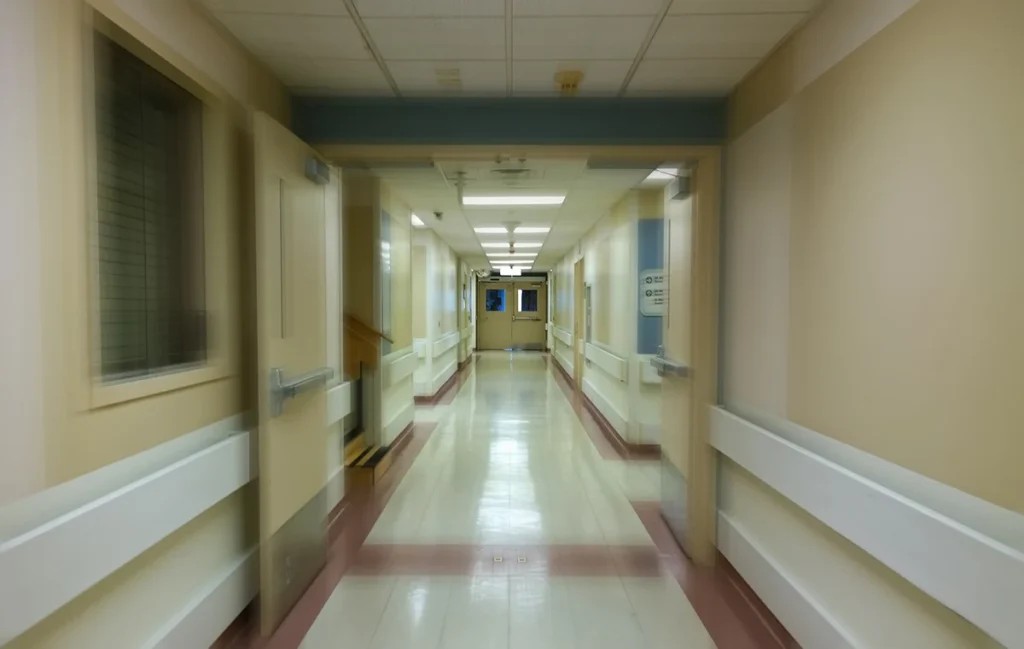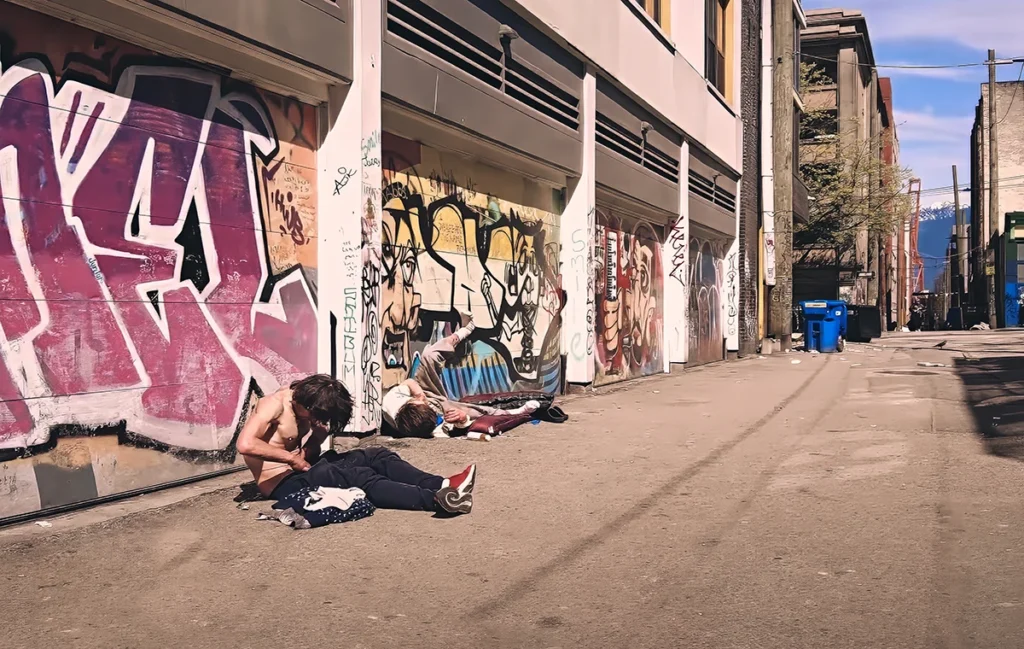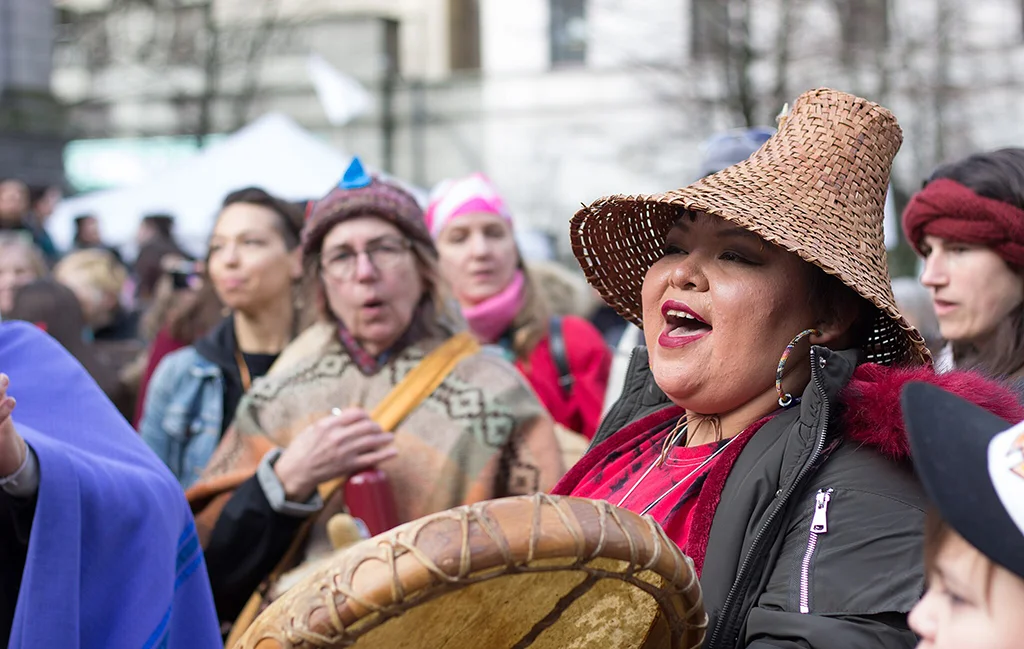British Columbia’s government has unveiled a controversial plan to expand involuntary care for individuals facing severe mental health and addiction challenges. Premier David Eby and his administration argue this move is a crucial step toward addressing public safety concerns and aiding the province’s most vulnerable. At its heart are two new care facilities, opening in Surrey and Maple Ridge, designed to hold individuals deemed unable to care for themselves. However, the announcement has reignited debate about the ethics, effectiveness, and broader implications of involuntary treatment.
As the province grapples with rising street disorder and a worsening toxic drug crisis, many are asking a critical question: Does BC need more coercive care, or is this a diversion from the real issue—the glaring lack of accessible, voluntary mental health services?
The Centrepiece of a Flawed System
The plan to expand involuntary care aims to target a small, specific population: individuals with severe mental illness and addiction who are considered unresponsive to traditional interventions. According to Dr. Daniel Vigo, the government’s scientific advisor, roughly 2,500 people in BC fall into this category. By focusing on this group, proponents believe the initiative will yield visible improvements in public safety while addressing the most acute cases of mental health and addiction crises.
However, critics argue that these efforts are built on shaky foundations. British Columbia already detains more people under its Mental Health Act than any other province—over 30,000 apprehensions annually. This heavy reliance on forced treatment reflects systemic inefficiencies rather than progress. Many of those subjected to involuntary care are not violent or disruptive but instead fall through the cracks of an overburdened and underfunded voluntary system.
Compounding this issue is the lack of evidence supporting the effectiveness of involuntary treatment. Research suggests that for individuals with substance use disorders, forced interventions may lead to worse outcomes, including higher risks of fatal overdoses post-release. With no substantial oversight or accountability measures in place, critics warn that expanding involuntary care risks entrenching harm rather than alleviating it.
The Vanishing Door to Voluntary Care
Perhaps the most glaring shortcoming of BC’s mental health system is its lack of accessible, voluntary care. While Premier Eby’s announcement focuses on expanding involuntary spaces, thousands of British Columbians seeking help encounter insurmountable barriers. Long waitlists, exorbitant costs, and insufficient service availability plague those trying to access outpatient counselling, addiction recovery programs, or psychiatric care.
One stark example lies in the exclusion of mental health services from the Canada Health Act. While the Act ensures access to physical healthcare, it neglects care “from the neck up,” leaving essential services like therapy and addiction counselling outside the scope of universal coverage. This gap disproportionately impacts low-income individuals who are already at higher risk of mental health challenges, creating a system where only the privileged can afford help.
Even when services are available, they are often stretched thin. Community-based programs, which are crucial for preventative care, operate with limited resources and struggle to meet demand. The result? People in need of early intervention are left untreated until their conditions escalate to crises, at which point they are more likely to be apprehended under the Mental Health Act.
Coercion vs. Compassion
BC’s emphasis on coercive care has drawn sharp criticism from advocacy groups, who argue that it prioritizes optics over outcomes. The Canadian Mental Health Association (CMHA) BC has warned against expanding involuntary treatment without first addressing the systemic failures of the voluntary system. They note that while forced care may temporarily stabilize individuals, it rarely provides long-term solutions.
The province’s reliance on coercion also raises ethical concerns. Many individuals detained under the BC Mental Health Act report experiences of trauma, including coercive sedation, misuse of restraints, and lack of culturally or gender-sensitive care. Recent reports from organizations like Health Justice highlight alarming instances of gender-based violence within psychiatric facilities, further underscoring the urgent need for reform.
Yet, the BC government continues to frame involuntary care as a public safety solution rather than a health-focused intervention. This approach risks alienating the very communities it seeks to protect, as punitive measures often exacerbate stigma and discourage individuals from seeking help. A balanced approach—one that invests equally in prevention, voluntary treatment, and ethical oversight—is crucial to building a sustainable mental health system.
Bridging Gaps in Care
If British Columbia is serious about tackling its mental health crisis, the province must address the structural failings that make voluntary care so inaccessible. This begins with significant investment in on-demand services, such as walk-in counselling clinics, addiction recovery programs, and mobile crisis response teams. By meeting people where they are, the government can prevent many crises before they require coercive measures.
Another critical step is integrating mental health care into Canada’s universal healthcare system. Advocacy groups have long called for the inclusion of mental health services under the Canada Health Act, a move that would ensure equitable access across all income levels. While this requires federal leadership, BC can take immediate steps to subsidize services for its residents, demonstrating a commitment to mental health parity.
Additionally, the government must overhaul its oversight mechanisms for involuntary care. Independent reviews, patient feedback systems, and trauma-informed training for healthcare providers can help ensure that care is ethical, effective, and accountable. Without these safeguards, any expansion of involuntary spaces risks perpetuating harm and eroding public trust.
A Reckoning and a Rare Opportunity
British Columbia’s push toward involuntary care marks a turning point in the province’s response to a spiralling mental health and addiction crisis. It’s a bold, contentious move that could either pave the way for transformative change or entrench old inefficiencies. What remains clear is this: the stakes are immense, and the outcomes uncertain.
Involuntary care might work. It might create a lifeline for the most vulnerable, stabilize communities, and reduce the visible distress that has come to define BC’s urban centres. But it could also fail, alienating those it seeks to help while reinforcing a system that prioritizes containment over care. Success hinges not just on whether people are brought into treatment but on what happens once they are there. Will the system rehabilitate or simply warehouse its patients? Will it prove humane or perpetuate harm?
For this initiative to succeed, it cannot stand alone. It must serve as part of a broader effort to overhaul BC’s approach to mental health and addiction—a strategy that invests equally in voluntary care, ethical oversight, and prevention. The promise of involuntary care lies not in its ability to control but in its potential to open the door to healing for those locked out of the system for too long. This is not just a test of policy; it’s a test of BC’s willingness to confront its most uncomfortable truths.
Glenn is dedicated to scrutinizing government actions affecting the Downtown Eastside and holding those in power accountable for their commitments. With a focus on transparency and policy analysis, his writing aims to expose gaps between promises and outcomes, pushing for meaningful changes that benefit the community.







Leave a Comment